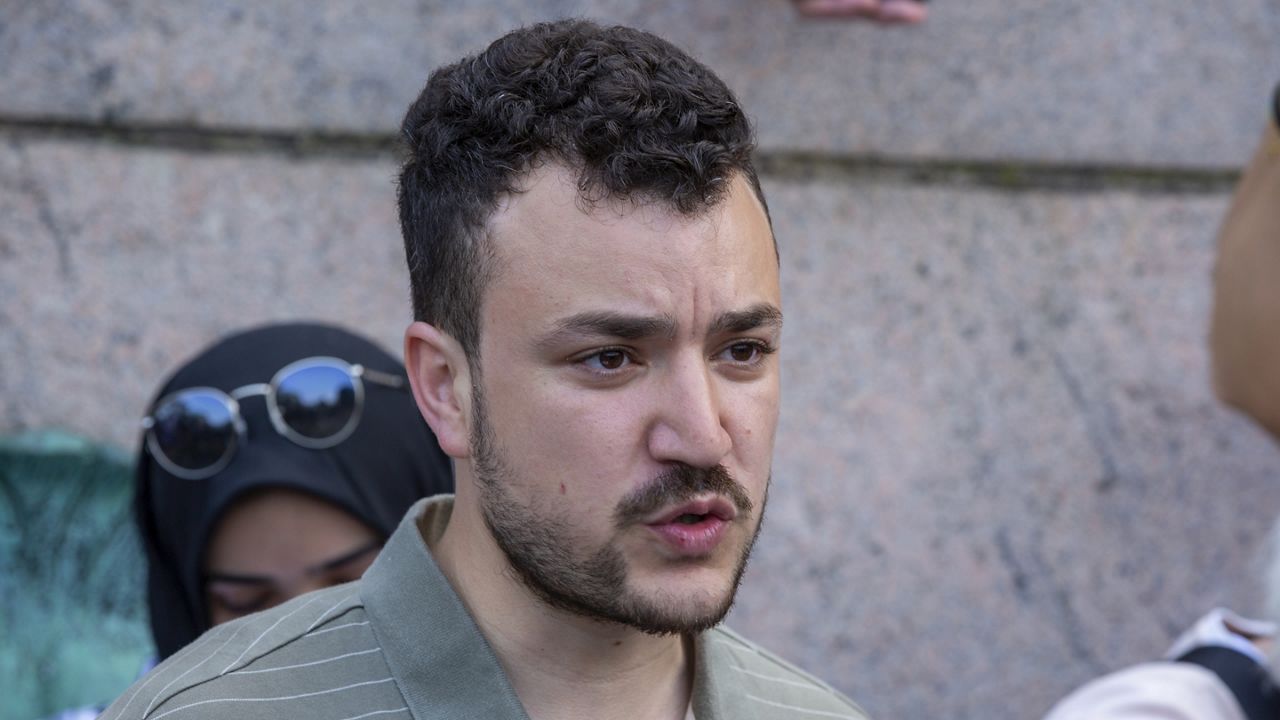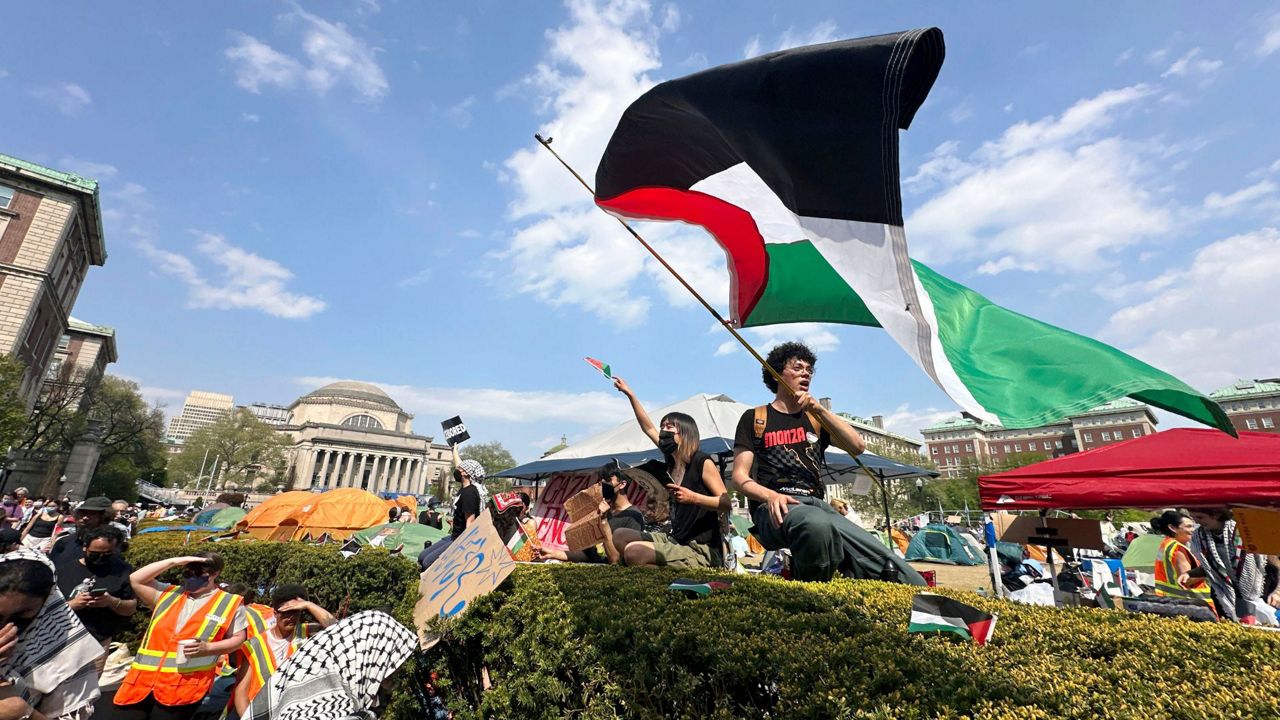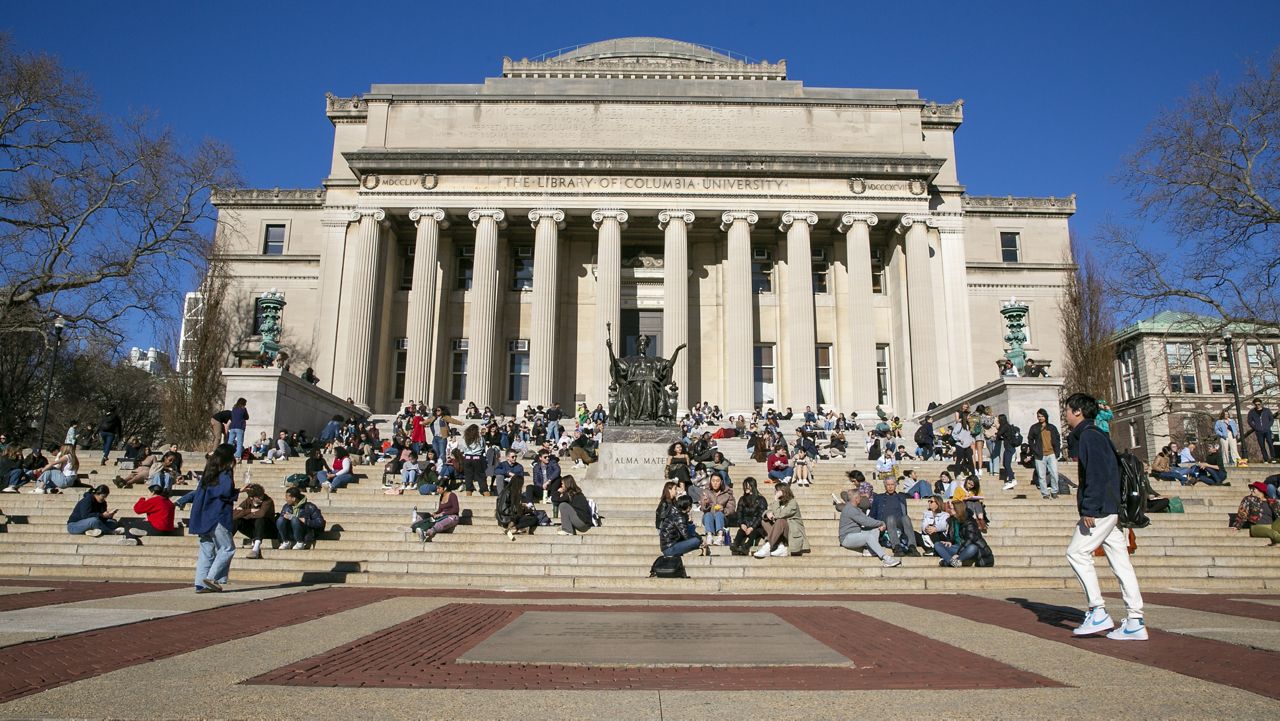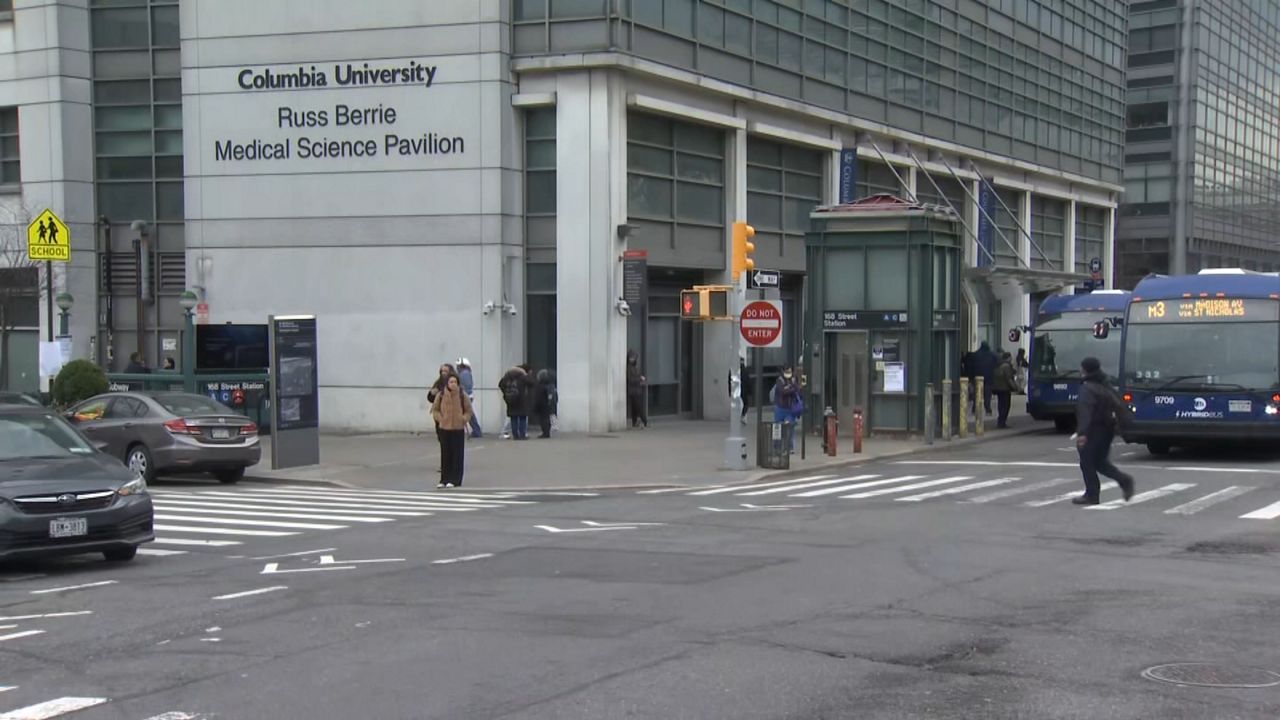NEW YORK — Getting a quality education is important, and personal, to Beatrice Weber. She went back to school in her mid-30s.
“In my mid-30s, after I had eight children at that point, I just needed something more. And I just wanted to go to college," Weber said. "I don't know. There was just something about getting an education that just was so meaningful to me."
What You Need To Know
- Beatrice Weber believes her son's Hasidic yeshiva is not providing him a legally required secular education
- She's taken her complaint to court — appealing a ruling from the state education department that dismissed a petition she filed with them
- She says the city and the state are pointing fingers at each other, while children are being deprived of an education
- The case mirrors a larger citywide investigation into whether 28 yeshivas are providing an adequate secular education
Weber, then a member of what she describes as an ultra-Orthdox Jewish community, got her bachelor’s degree, and then an MBA. It changed her life — and now she's worried the education her own child is receiving at a Hasidic yeshiva in Brooklyn won't provide him the same opportunities.
“To think that we're depriving so many children of that freedom, that feeling of accomplishment, that is just, it's just so sad," Weber said. "They're bright. They're really bright kids."
A mom of 10, Weber has since left her marriage and her community. But a family court order related to her divorce requires her youngest son, who is nine, to remain in his yeshiva.
And she believes her youngest child’s yeshiva is not providing a secular education, as required by law, that's "substantially equivalent" to what he’d receive in a public school. She claims the school provides little or no knowledge of U.S. history, science, math or even English.
“We kind of reached the tipping point, where he can read English better than his teacher,” she said.
Weber said her son's school offers fewer than 90 minutes a day of secular studies, but his day is long — and nearly all of it is focused on Judaic studies. Based on her experience with her older children, the amount of secular study will decrease even further as her son gets older, she said.
“I think it's important for children to be educated in their culture and in their religion. I also know that there are schools that provide both, very successfully,” she said.
A lawyer for the yeshiva did not respond to questions from NY1 about Weber's complaints, or about the school's curriculum. A spokesperson for the school broadly defended the education it offers.
"[O]ur school is devoted to the well-being and growth of each one of its several hundred students, and that every day the faculty, staff and administration works hard to build on the foundation that has allowed thousands of our alumni to lead successful and productive lives," the spokesperson said.
But Weber, along with advocates calling for an overhaul of the education offered in similar yeshivas citywide, worries her son will leave school unprepared for future employment if he chooses not to become a religious scholar. Weber also worries what an education she says is devoid of science and history will mean for his world view.
“You don't know how this country was founded. You don't know about the Civil War. You're really at a disadvantage as you navigate the world — and our children do navigate the world. We're not like certain sects that stay completely separate,” she said.
So she's asking a State Supreme Court judge to ensure her son's yeshiva is providing secular studies. It’s an appeal of a complaint she initially filed with the state's education department commissioner, who had ruled that the issue needed to be handled by the city.
“There's just like a lot of legal jargon going back and forth, while my child and thousands of others are just sitting there and just — their education is a joke,” Weber said.
In court documents, the yeshiva disagrees, saying it's been “a successful educational institution for over 73 years” and that “thousands of students have been successfully educated in both Judaic studies and secular studies, and have gone on to live successful adult lives.”
The case mirrors a larger city investigation into 28 yeshivas, prompted by a complaint from the advocacy group Yaffed, that boys in the schools were not being taught secular subjects.
The investigation dragged on for years, and in December 2019, the independent Department of Investigation determined that Mayor Bill de Blasio delayed issuing a report on the investigation due to politics, in an effort to garner support for his quest to renew mayoral control of schools.
The mayor’s office denied any wrongdoing, but the Department of Education released the report the next day. It found that just two of the yeshivas met state standards. There’s been no update since.
"We're working with this yeshiva and the state to ensure all students are getting the high quality education they deserve. Even during the pandemic, the city's larger inquiry proceeded and we are continuing to make progress,” DOE press secretary Katie O’Hanlon said.
But Weber believes that the political influence of her former Orthodox community means she will have a better chance of success in the courts than she will with the mayor — this one, or the next.
“The court system takes long, and we may have to appeal again and again and again,” Weber said. “But that might be the way to do it, because why would a politician risk thousands and thousands of votes?”
In the meantime, Weber intends to continue speaking up, saying the fact that she’s left the community makes her one of the few who is comfortable to do so.
“If you're in the community, it's almost impossible to speak up because of fear of retaliation. And if you're out of the community, you take your child and put them into a school that you choose, which is honestly something that I would have done if I had the opportunity,” she said.
Her decision to speak up has come with a price. She’s been accused of spurring more anti-Semitism against Hasidic communities in the city. But she believes not addressing the issues she’s highlighted will do more harm to her former community.
“People are just looking away, and people are just, 'Whatever, it's them, it's them, it's their community, let them figure it out,’” she said. “It's children. It doesn't matter what community they're from. It's children, and one of the basic rights and obligations of this state is that they get an education.”









